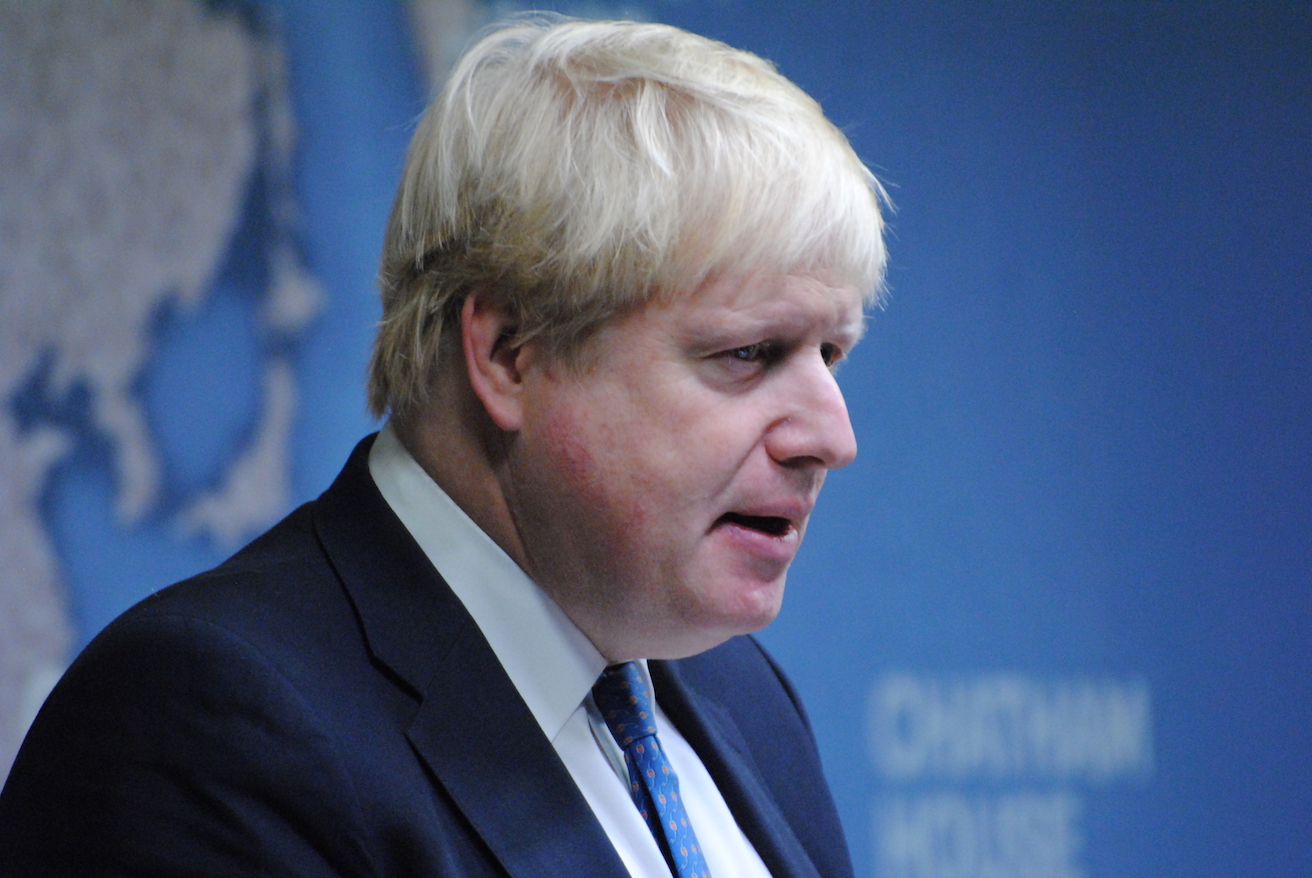Boris' "Do-or-Die" Approach to the EU

Brexit will not happen on schedule. Boris Johnson needs to have a more calculated approach in the coming months to ensure a favourable outcome.
Those Conservative cheer leaders who believed Boris Johnson when he told them that the country would leave the European Union “do or die” by October 31 had their comeuppance this week. The prime minister’s folly has ensured it will not happen, at least within the timeframe he has repeatedly said will apply.
Like paradise, Brexit has been postponed again, leaving the tens of thousands of
“leave” voters all over Britain sullen and bemused.
For them, the cruel reality was that the deal Johnson so joyously brought back from Brussels last week was approved by the House of Commons MPs by 329 votes to 299. This was despite the government having no majority and losing the support of the Democratic Unionist Party of Northern Ireland, on which the government has relied for its majority since the 2017 general election.
But within 15 minutes the Parliament that giveth took it away. The vote went against a second so-called programme motion which required Johnson’s complex and controversial legislation to be examined and passed within only two and a half days. This would have allowed the prime minister to deliver Brexit before the October 31 deadline.
Introducing the bill, Johnson said: “we will pull the Bill and move towards a general election” if parliament fails to pass the bill.
Johnson can only blame himself for this further delay in resolving the Brexit issue. He has returned from Brussels triumphant after negotiating a new deal, which was approved unanimously by the other 27 EU national leaders — an achievement many thought impossible. It was, however, at the cost of breaking a solemn promise to the Irish Democratic Union Party. Johnson then sought Commons approval at a special sitting of the House of Commons on Saturday. An amendment by a prominent member of his own party, the so-called Letwin Amendment put forward by Sir Oliver Letwin, withheld parliamentary approval for Boris Johnson’s deal until Parliament passed the necessary law to enact the agreement. It was passed, triggering the Benn Act, which required the prime minister to write a letter to the EU seeking a three month extension.
Then, churlishly and displaying a now characteristic petulance, Johnson sent an unsigned letter (as set out in the Act) requesting the extension, accompanied by a signed letter advising EU leaders to reject the request. This duplicitous behaviour did not endear him to those who already find him untrustworthy.
When the prime minister’s critics examined the enabling legislation introduced to parliament this week they determined to push for more time to scrutinise it. Though most people are now thoroughly fatigued by the Brexit debate, there is also a body of “remainers” who believe that delay is their best way of frustrating Brexit.
So what happens now? Johnson stepped back from withdrawing his Bill and decided instead to “pause” it, while seeking a short extension from Brussels. They will almost certainly give it, but for how long is unclear.
That may bring this chapter of the Brexit saga to a conclusion, but many Opposition MPs have other ideas. They will propose amendments to the Johnson deal. The two most likely are a requirement that, if finally approved, the deal should be confirmed by a second referendum or, alternatively, that approval be subject to Britain remaining in the European Customs Union — anathema to the Tory right.
By Friday the Bill remained suspended – or as House leader Jacob Rees-Mogg put it, in purgatory – but by then Johnson had pulled another stunt. He announced that he would seek a general election for December 12 and lift the suspension on discussing the Bill, provided MPs passed it through its second reading by November 7. However, by virtue of the Fixed Term Parliament Act, he needs a two-thirds majority, and is unlikely to achieve that. Meanwhile the leaders of the 27 other EU countries are expected to reject Johnson’s request they deny a three-month extension of the October 31 Brexit deadline and to opt for the January 31 preference voted by MPs. Even if a conclusion is reached in coming weeks, be warned: this is not the end of Brexit. As Churchill said in the midst of World War II, it could be the end of the ginning, but not yet the beginning of the end. There are years of negotiation ahead on a new Britain-EU trade deal, and a minimum 12-month transitional period.
Colin Chapman is a writer, broadcaster and public speaker, who specialises in geopolitics, international economics, and global media issues. He is a former president of AIIA NSW and was appointed a fellow of the AIIA in 2017.
This article is published under a Creative Commons Licence and may be republished with attribution.





